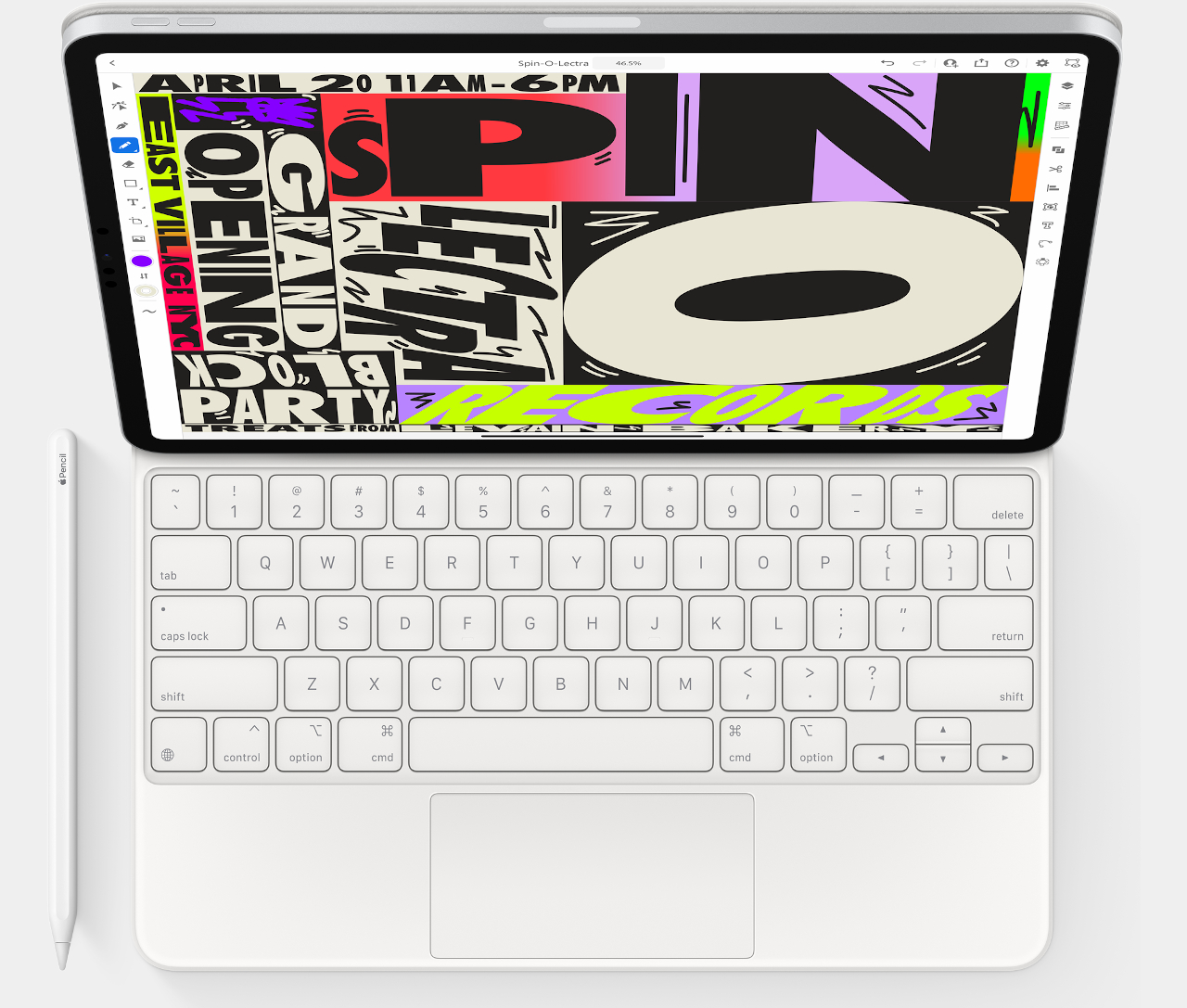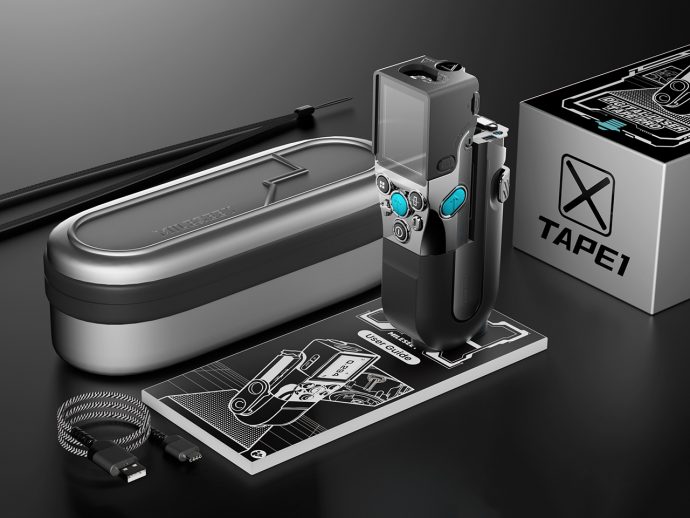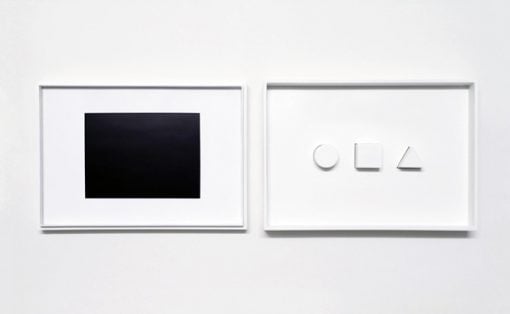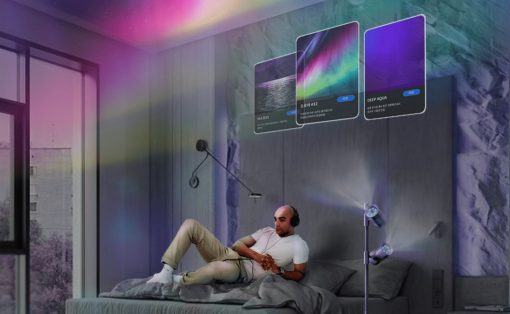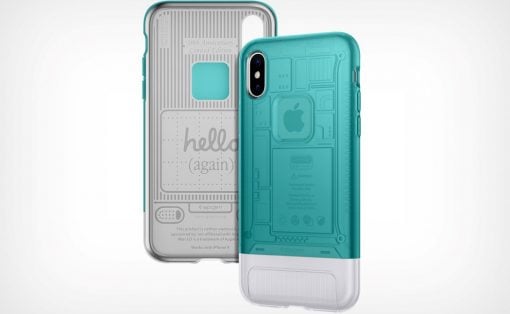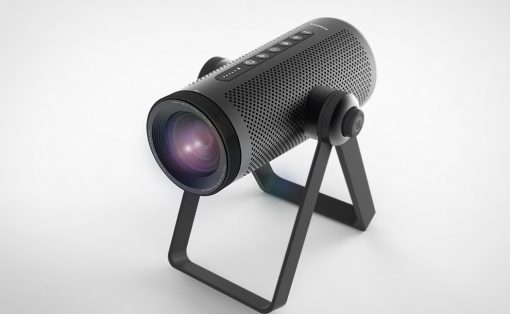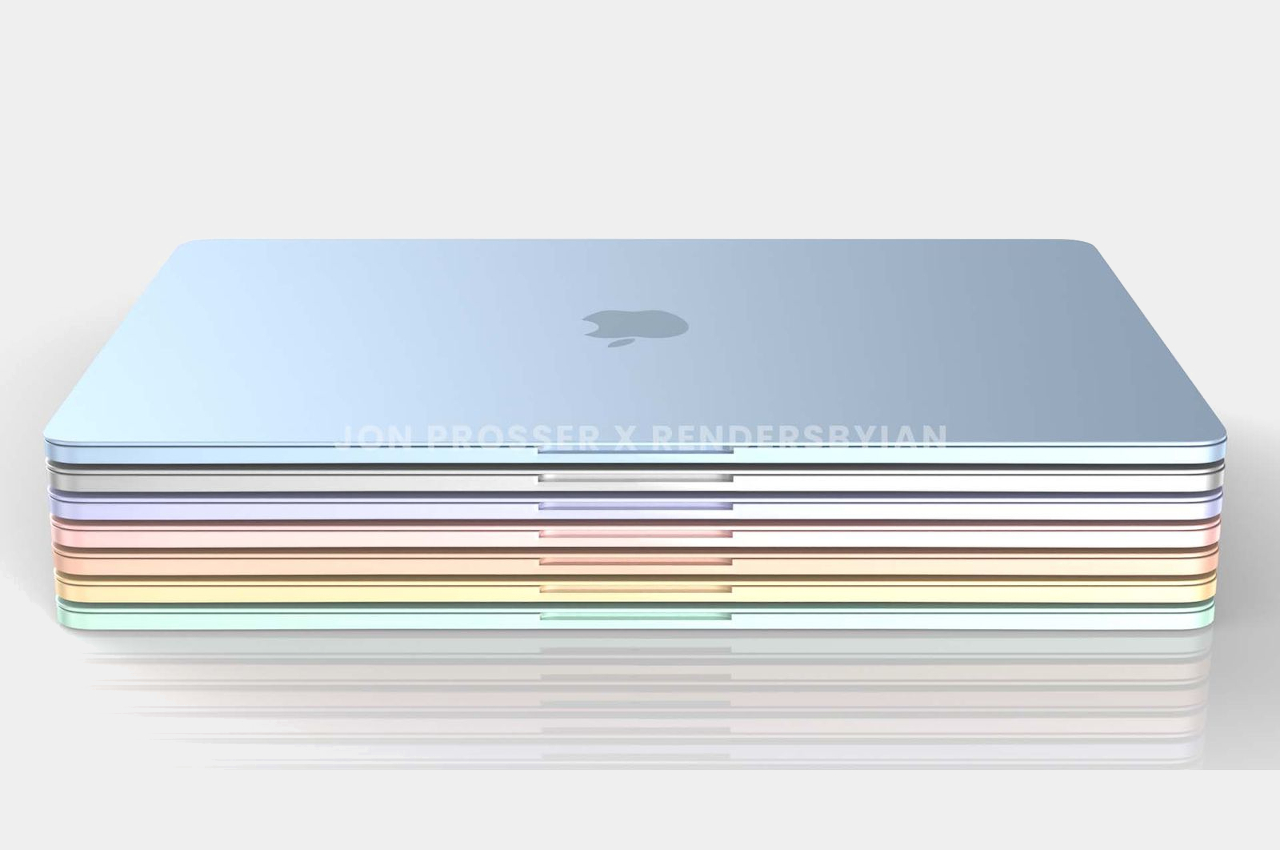
WWDC is always an exciting time for Apple fans. Although the event is primarily aimed at developers, hence the name, there is always something that can be gleaned from what Apple reveals, both on stage and sometimes behind closed doors. Sometimes, there is a new device to pine for in the months ahead, though most of the time, the focus will be on new user experiences delivered through the next releases of macOS, iOS, and iPadOS. This year is no exception, of course, though whispers seem to be more subdued and modest than before. That said, there are still a few interesting things that could be announced this Monday, including some that will affect product designers in one way or another.
Designer: Ian Zelbo (rendersbyian)
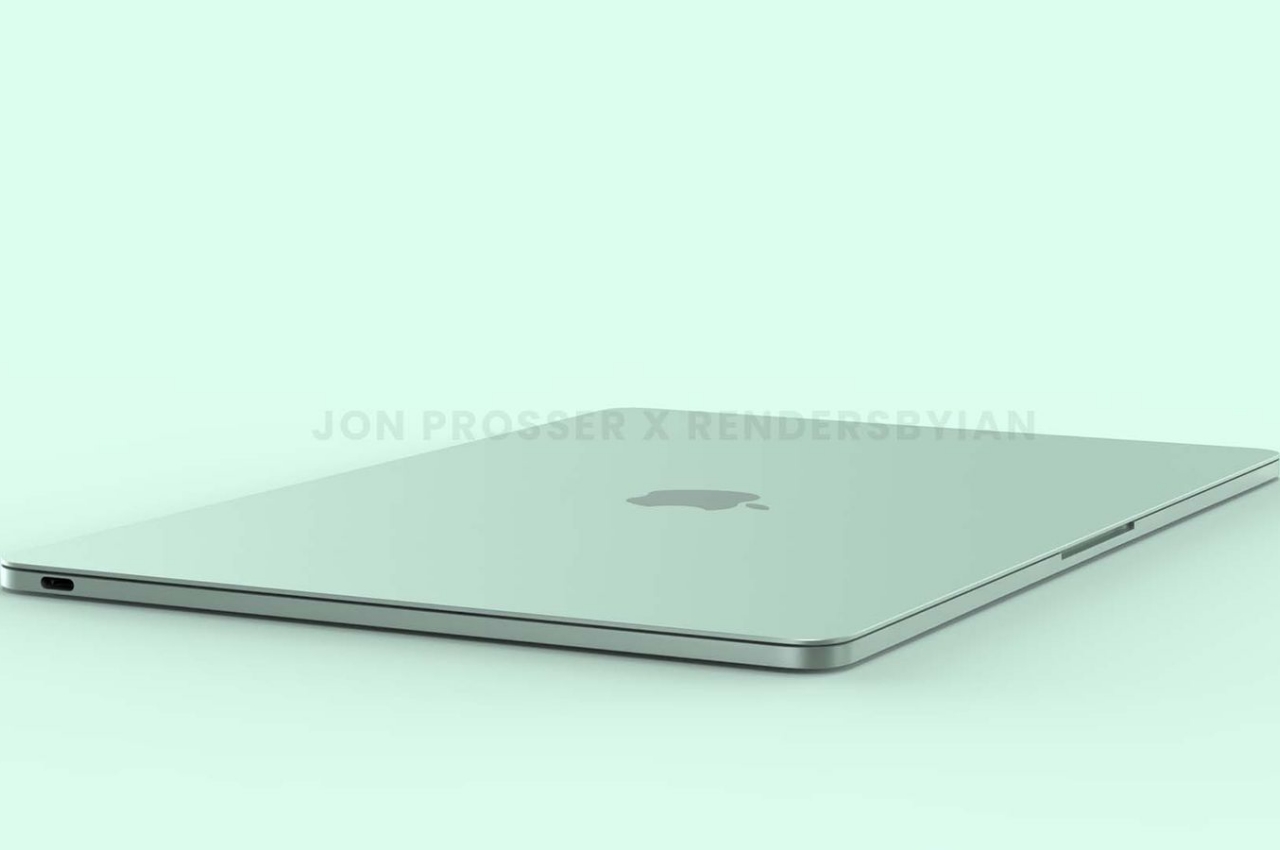
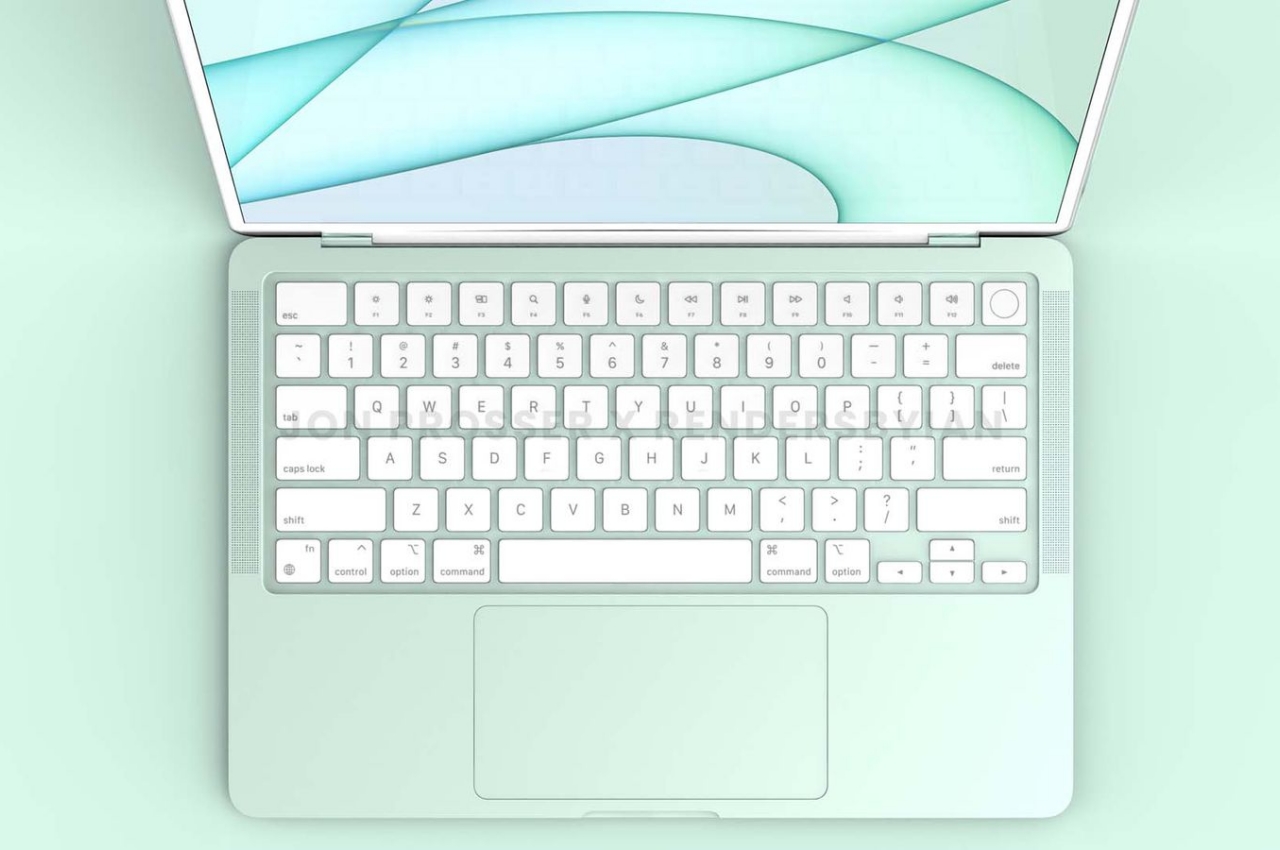
2022 MacBook Air Colors
Apple broke tradition last year when it announced the new iMacs that came in a variety of colors. As a company best known for its almost clinical choice of colors, this unexpected move seemed like a nod to the candy-colored iMac G3 of old, as well as the more colorful iPhone 5c. Given this sudden change in direction, it wasn’t surprising when rumors started popping up about the MacBook Air getting the same colorful treatment.
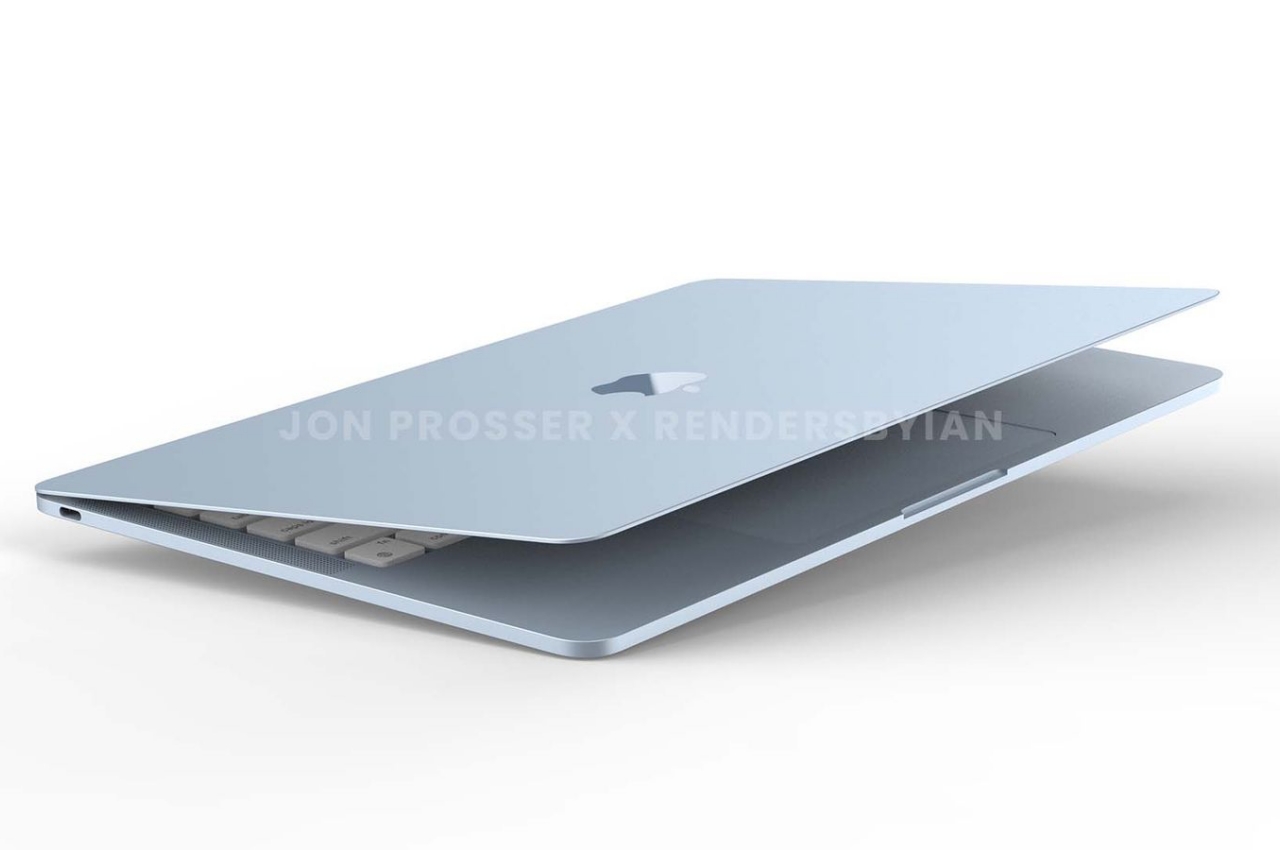
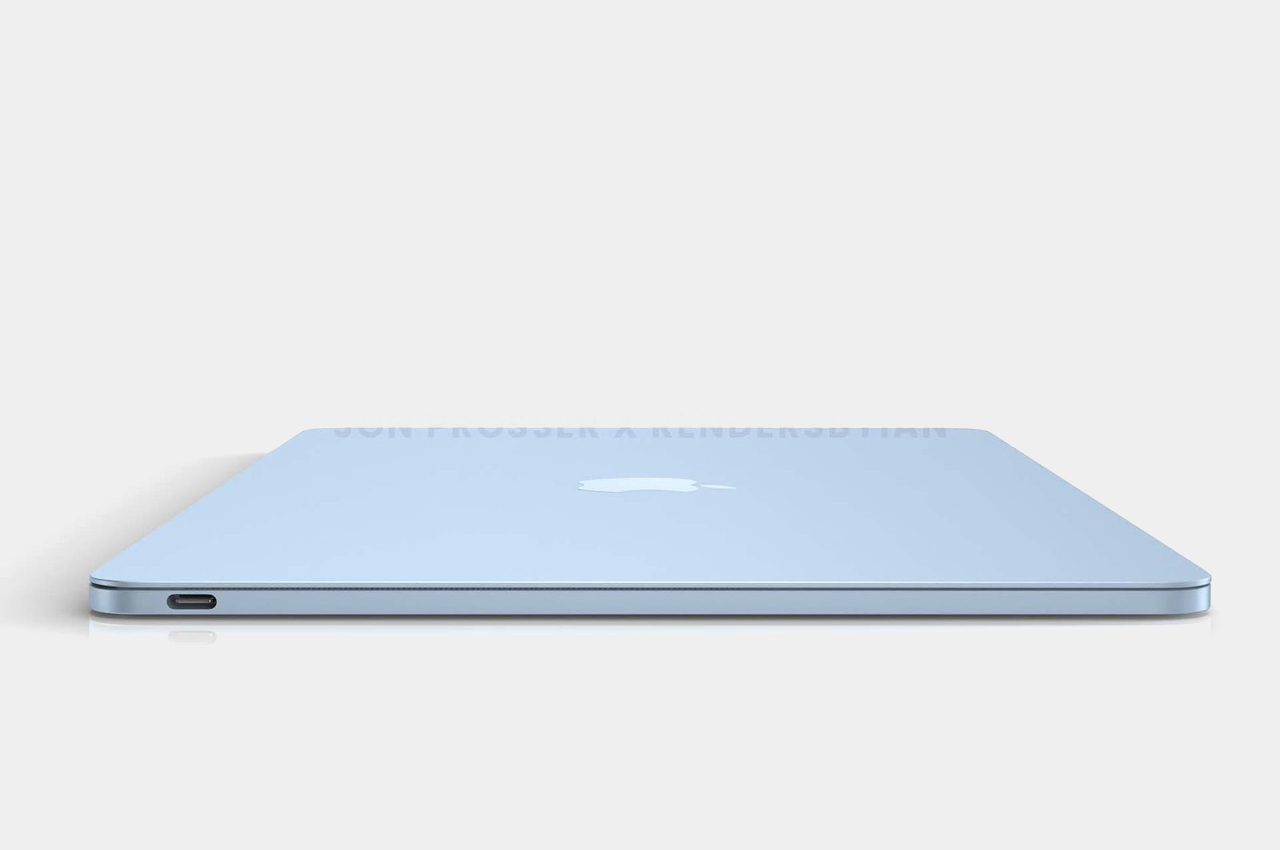
Unfortunately, the last-minute word from Bloomberg’s Mark Gurman is less than encouraging. Despite hopes, dreams, rumors, and drool-worthy renders, the journalist and industry tipster claims that those reports were “probably exaggerated.” Instead, he believes the 2022 MacBook Air will still come in the same trio of hues, namely space gray, silver, and gold. The only change, he says, is that the gold would look more like champagne.
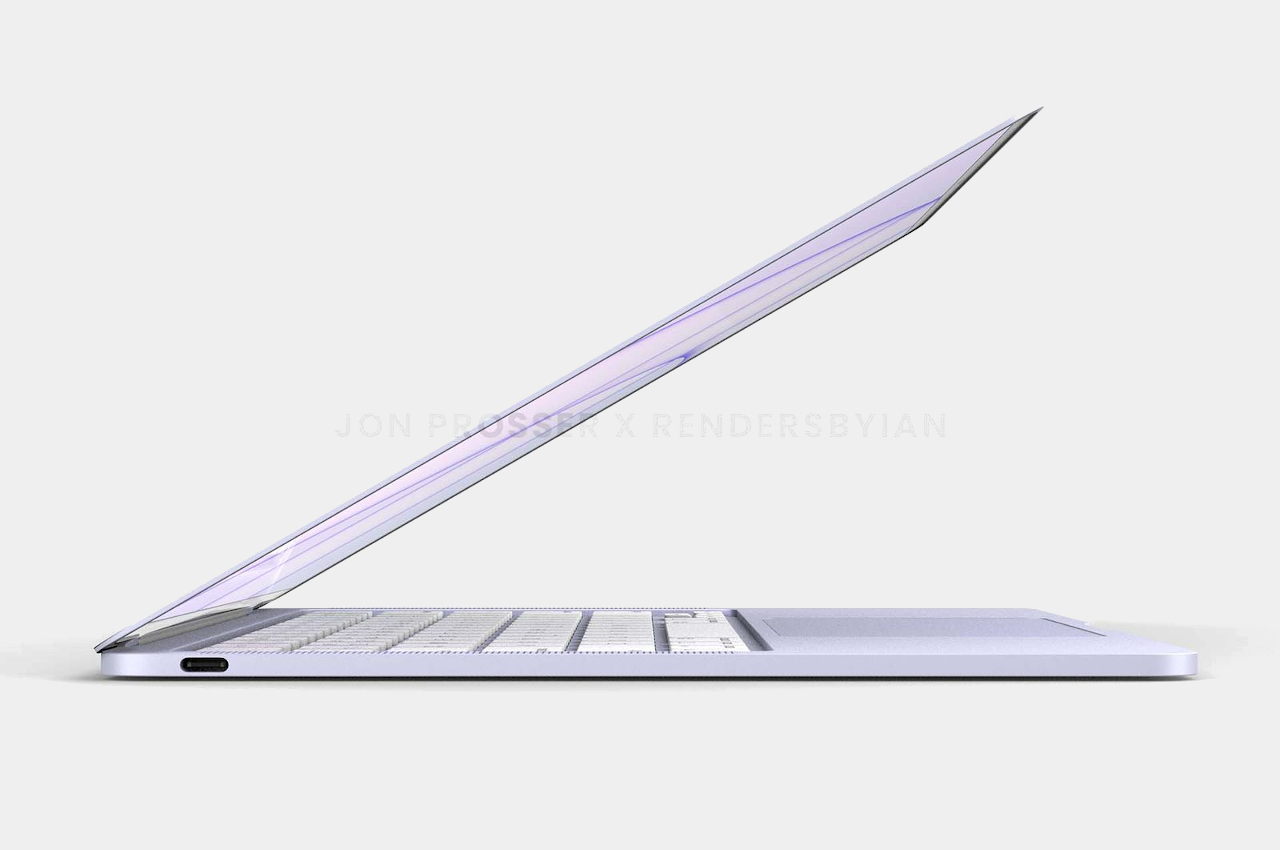
Though the absence of colorful options might be disappointing, the expected arrival of a notch might be even more devastating. The design has been widely debated on the Internet, but Apple might not be backing down from it, at least not yet. Either way, the notch has forced many apps to design around it, changing the user experience, for better or for worse.
AR Headset
The Metaverse isn’t ready yet for Apple, at least not in the way that most people presume the Metaverse to be. Apple is a big believer in augmented and mixed reality, and it’s no secret that it is working on its own AR platform behind the scenes. It’s just not ready to come out with its own headset yet, not even a prototype, so AR hopefuls will have to wait yet another year, or possibly later this year.
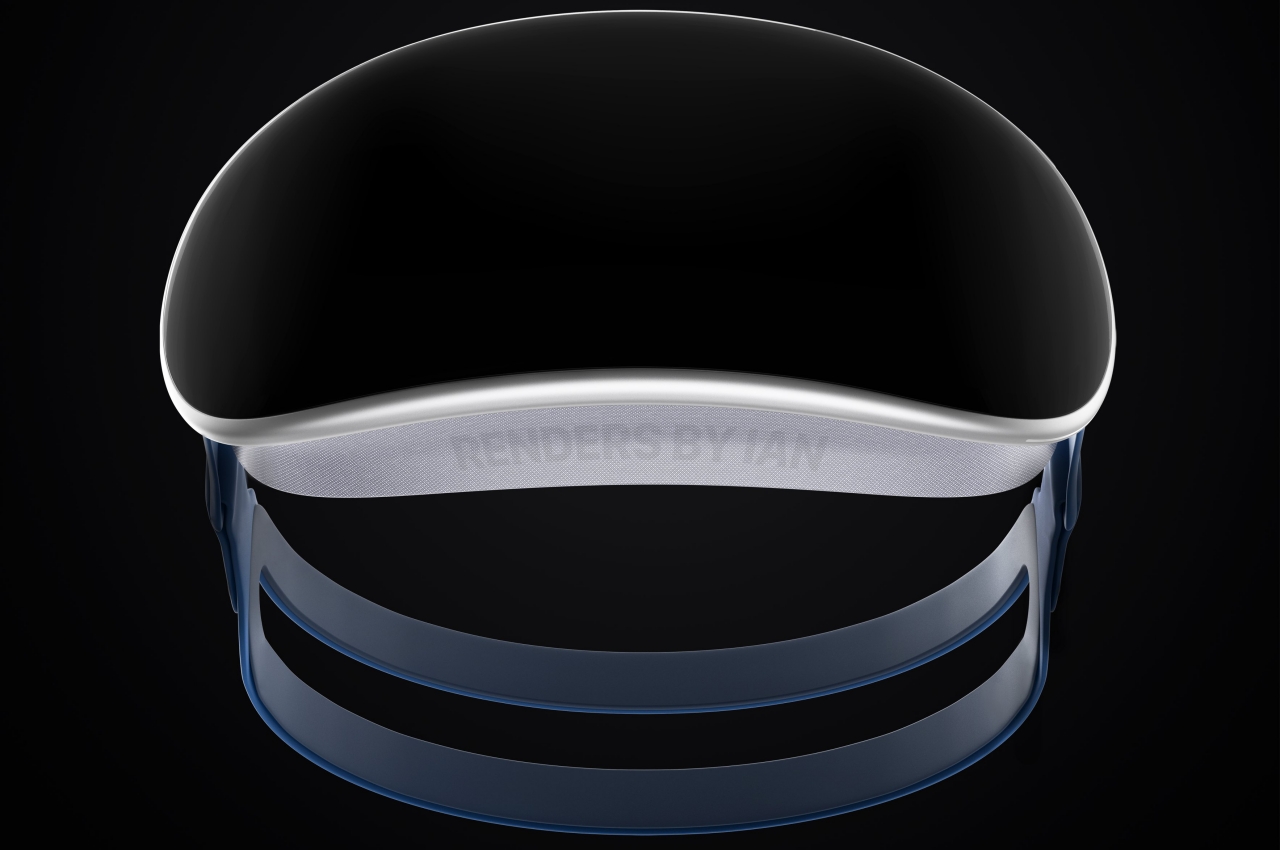
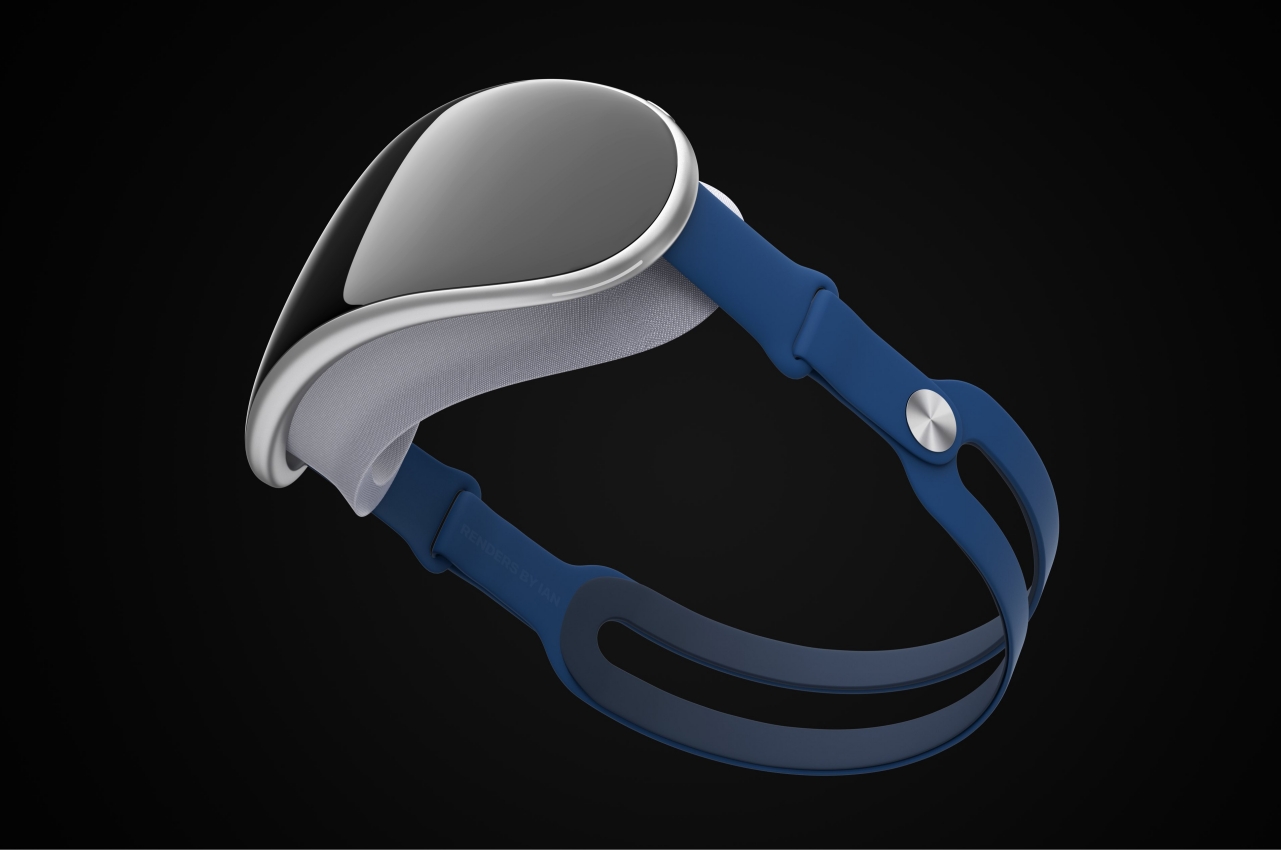
That doesn’t mean Apple will be silent on the AR front, though. Its focus will instead be to arm developers with the weapons they need to tackle the problem of adapting their apps for an AR future. Apple already has laid some of the groundwork for these, enabling iPhones and iPads to become windows into this mashup of the real and the virtual. New tools are expected to be announced at WWDC, including one that gives apps the ability to react to QR codes. This, for example, could kick off an AR experience after a user scans a QR code printed on a piece of IKEA furniture.
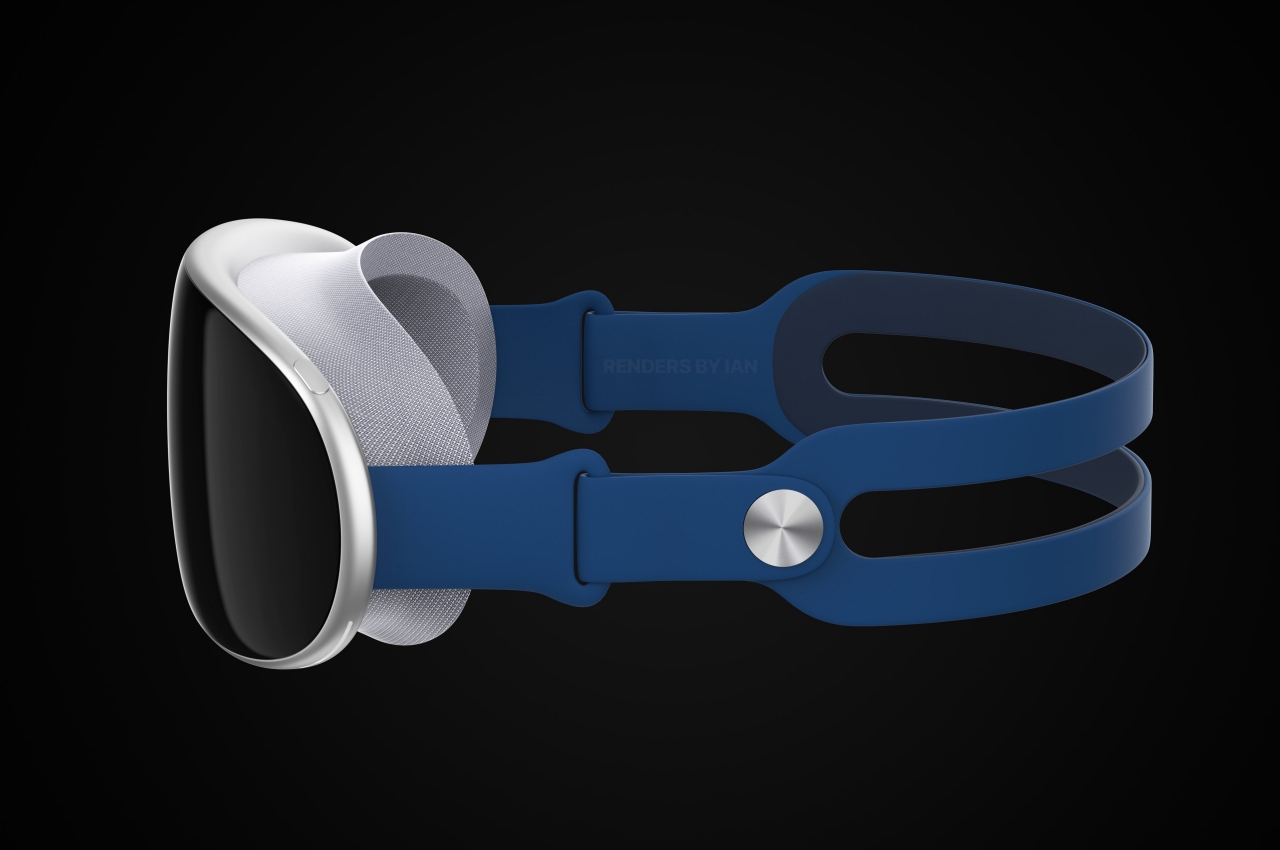
iOS 16 Always-on Display
The next version of iOS 16 will reportedly gain a capability that the Apple Watch has long had. With Always-On Display or AOD, the iPhone screen could keep on running even when you don’t see anything but will barely consume any power. It can also only light up the specific pixels required to display a notification or some widget with important information.
Designer: Apple
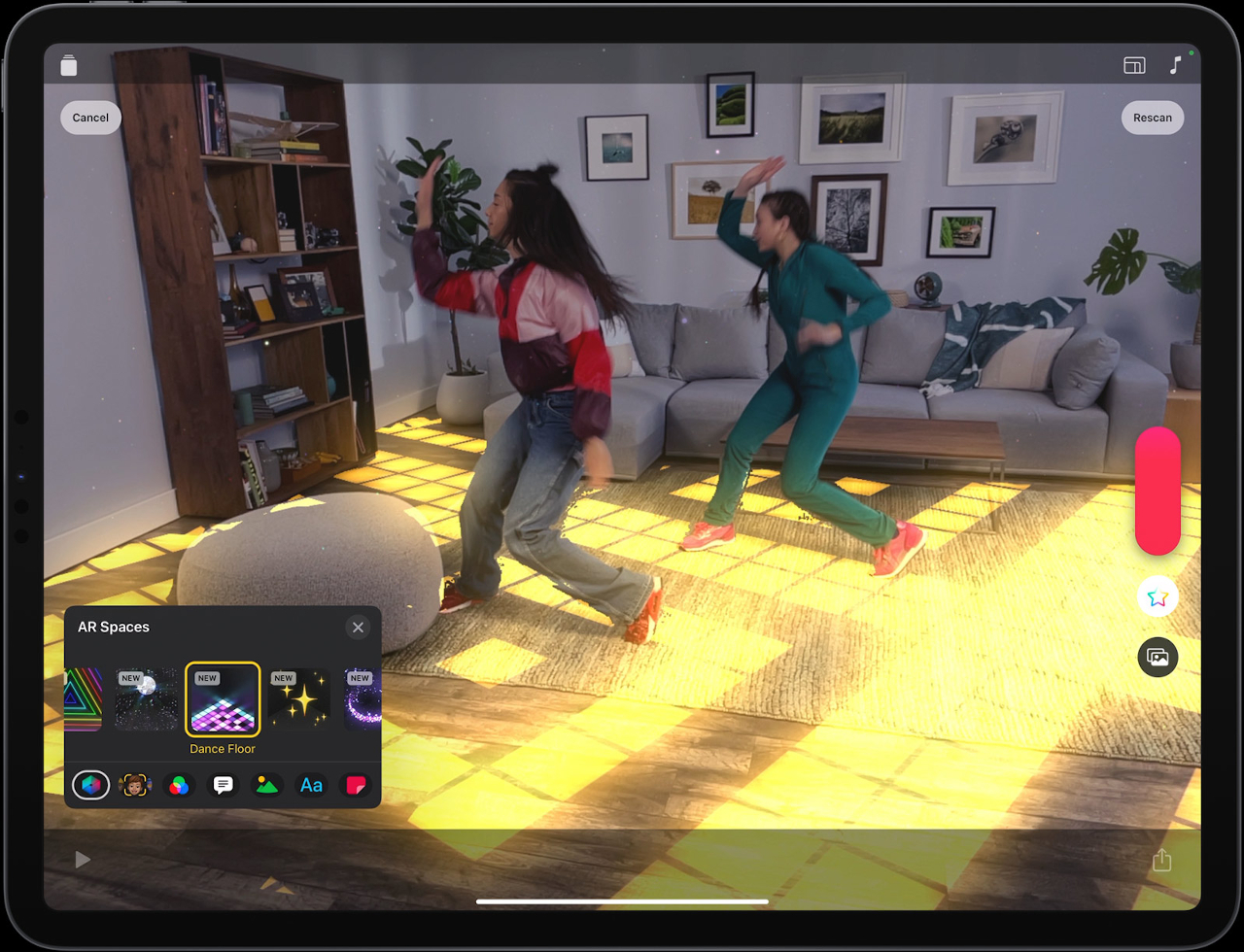
It’s a feature that’s a long time coming, but it remains to be seen whether it will be a battery-saver or a battery-drainer. Accessory makers, particularly for cases and docks, as well as app developers, might try to take advantage of this new capability by allowing the iPhone to function as a smart display when docked or by showing only a portion of the screen through a cutout of a folio case.
iPadOS 16 Multitasking
The next version of iOS for iPads will take Apple’s tablets one step closer to becoming a full computer replacement. iPadOS 16 might include more powerful multitasking features, including one that will allow owners to run apps in floating windows that they can resize and move around, similar to desktop platforms like macOS and Windows. There seems to be a bit of controversy regarding this feature and its impact on the iPad as well as the relationship between macOS and iPadOS, but it is generally being welcomed by iPad Pro owners who have been using the tablet as their bread and butter device.

The iPad Pro has long been a favorite among designers of all trades as a mobile workstation that can almost replace their laptops. These upcoming multitasking improvements could become a game-changer for them, allowing them more control and freedom in their workflows. That said, it will most likely require developers to also adopt those new features, and the user experience for these products could change in a drastic way soon.

